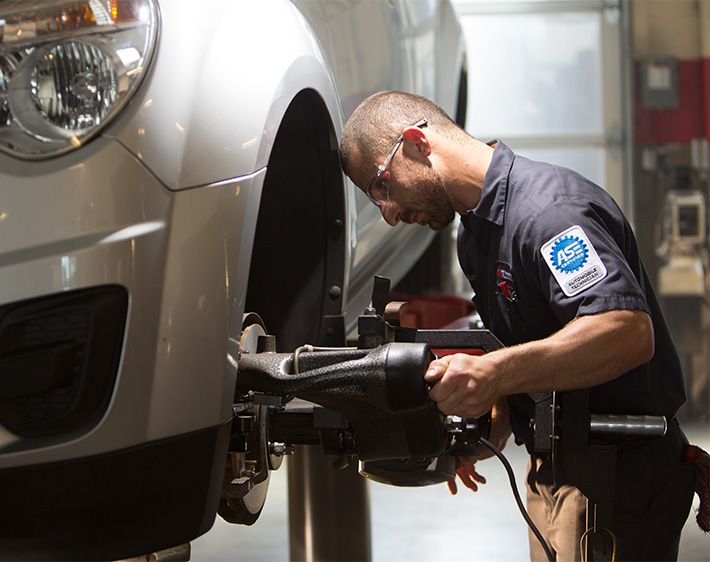It's well over 95 degrees and your car just won't cool off. Driving even the shortest distance puts your antiperspirant into overdrive. When your A/C isn’t working properly, you're probably not the only one feeling a tad...damp. Surprisingly, excess moisture tends to be the usual suspect for a failing A/C system. Look for these three easy signs that moisture might be wreaking havoc on your car's air conditioning system before you melt, unless you like running errands in a mobile sweat lodge!
Understanding How Your A/C Works
First things first--it helps to understand how your A/C should be working behind the scenes. Check it out! Your A/C unit works to keep you cool by exploiting a neat quirk of thermodynamics. (No need to dust off your high school physics textbook.) Basically, refrigerant fluid is forced to rapidly change pressure, resulting in that refreshing blast of cold air you look forward to on a muggy summer day. Cold air is a blessing for you and your passengers, but it also causes moisture in the air to condense and collect around your A/C system. When moisture enters your A/C, it combines with the refrigerant fluid to form a corrosive acid.
In a perfect world, your A/C would be a closed system, meaning nothing gets in or out. It's certainly designed this way and when everything is working properly, your A/C’s reciever/dryer collects excess water and keeps it from harming any vital components. But unfortunately, we don't live in a perfect world. Hoses can get knocked out of place and connector pieces can get cracked or damaged, letting moisture into your A/C where it causes seriously stinky, and sometimes seriously costly, damage. If you notice one of the following symptoms, like a funky odor, low airflow, or air that isn’t as cool as it used to be, keep reading and schedule an appointment with your nearest Firestone Complete Auto Care location for an A/C performance check today.
Symptom #1: Funky Gym Sock Smell
If there's a sour locker room stench leaking out of your A/C, that typically means one thing: mold. And where there’s mold, there’s likely water where it shouldn't be. You may have a damp, dirty air filter, in which case simply replacing it will fix your odor problem. Otherwise, you may have a blocked drain in your evaporator case. If the drain is blocked, water can’t get out and mold will naturally begin to grow. Remember, mold loves dark, damp nooks and crannies!
Symptom #2: Weak Air Flow
Excess moisture in your evaporator core can lead to the buildup of mold and other debris that block airflow to the cabin, but a loss of air pressure to your blower is also a sign that your A/C system has an open or damaged seal. A damaged seal will reduce the amount of cold air that makes its way to your cabin, but it also lets moisture in, compromising the whole system.
Symptom #3: Blowing Hot Air
When water gets into your A/C, it combines with freon (a refrigerant) and creates a highly corrosive acid that literally eats away at the components of your A/C system. The first victim of acid damage will be the rubber seals that keep everything air tight and fitting together. When those go, freon can leak out of the A/C and reduce your system’s overall cooling potential.
Even worse, the acid can corrode the inside of your compressor, spreading metal fragments throughout your A/C system, causing widespread damage, blockage, and component failure. If left unchecked, this corrosion could lead to a total system failure, so it's best to visit your technician as soon as possible if you think something feels "off." It's like your mom or dad always said -- go with your gut!
Pro tip: Take the heat out of repairs, whether large or small, by signing up for a Firestone Credit Card.
If your car's air conditioning is on the fritz, the solution isn't more deodorant. Stop by your nearest Firestone Complete Auto Care location and cool off with a smooth A/C service repair experience with our expert technicians.



